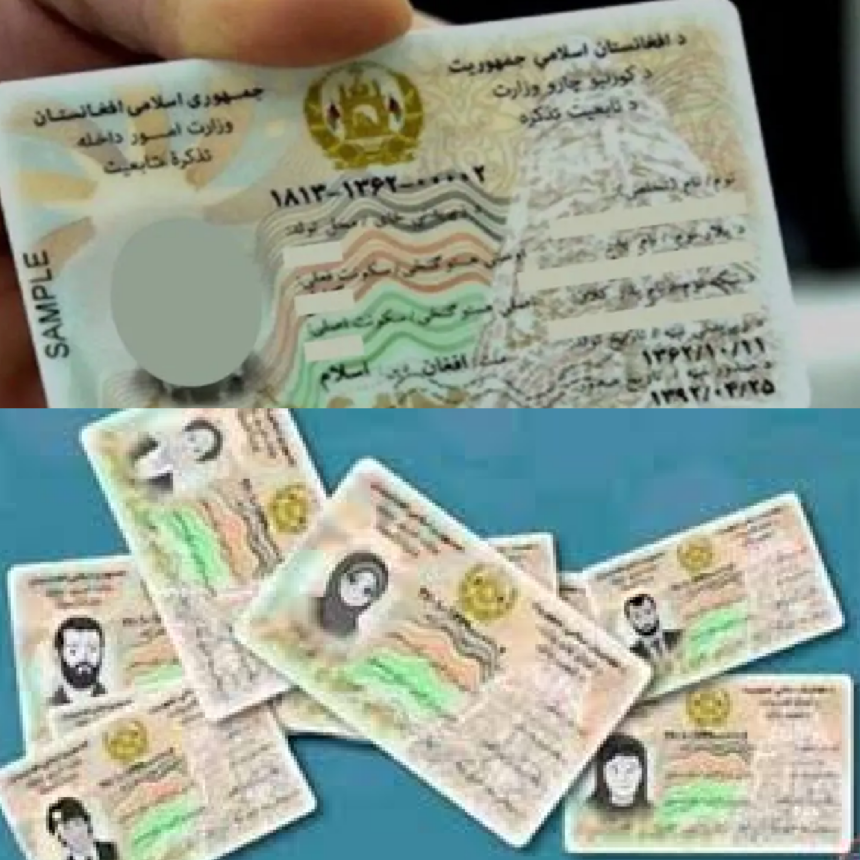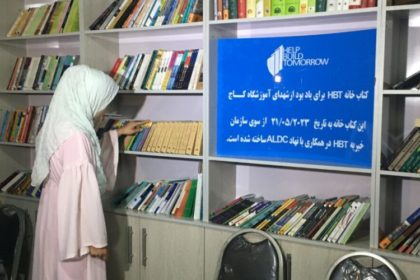RASC News Agency: The Taliban’s so-called Darul Ifta has issued a new decree declaring that the inclusion of women’s photographs in national identification documents is neither “religiously permissible” without necessity nor mandatory. Instead, it would be allowed only on a voluntary basis. The announcement has provoked fierce backlash from women’s rights defenders, who argue that the measure is a blatant act of gender-based erasure. They stress that by stripping away the obligation to include photographs, the Taliban is effectively denying women the right to official recognition and equal presence within society. According to the edict, only women who reside abroad or are compelled to travel overseas for medical treatment will be required to include photographs in their IDs. For all others, names and family lineage are deemed “sufficient” for identification.
This reversal comes despite earlier directives by the Taliban-controlled National Statistics and Information Authority, which had underscored the necessity of mandatory photographs on all identity cards. The authority, in a detailed memorandum, had listed eleven reasons for their inclusion among them preventing forgery and corruption, facilitating travel, and aligning with international standards. The Taliban’s Darul Ifta, however, rejected ten of these justifications as “un-Islamic,” grudgingly acknowledging only one. Documents further revealed that the identity cards of women were to be processed exclusively by female employees, a measure intended to preserve privacy and avoid cultural objections. Yet, in a sweeping dismissal of these safeguards, the Taliban declared that within Afghanistan, a woman’s identity could be sufficiently established by her name, her father’s name, her grandfather’s name, and her place of residence rendering photographs unnecessary. The decree also insisted that international travel requires passports and visas, making identity cards “irrelevant” in such contexts.
The text of the ruling further stated: “Attaching photographs without religious necessity is impermissible, whether it shows the full body or only the face.” As a result, women inside Afghanistan are no longer required to include photographs in their identity documents, although they may “voluntarily” do so if they wish. The decision has unleashed widespread anger among women’s rights advocates and civil society organizations. They argue that making photographs optional strips women of their right to full and verifiable legal identity. On social media, Afghanistani users have launched the campaign #MyPhotoMyIdentity, urging the international community not to remain silent in the face of the Taliban’s latest act of gender apartheid.
The Women’s Historical Transformation Movement condemned the decree, stating: “This order violates the fundamental principle of human equality and deprives women of their right to identity and recognition as citizens.” Protesters have also demanded the issuance of non-discriminatory identity documents that uphold international standards of human rights and gender equality. By removing such a basic right, the Taliban is not only undermining women’s dignity but also deliberately excluding half of Afghanistan’s population from legal and civic recognition. This act, critics argue, reflects a broader strategy of the regime: to erase women from public life, diminish their visibility, and institutionalize systemic oppression under the guise of religious edicts.






